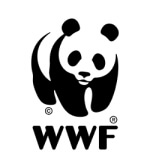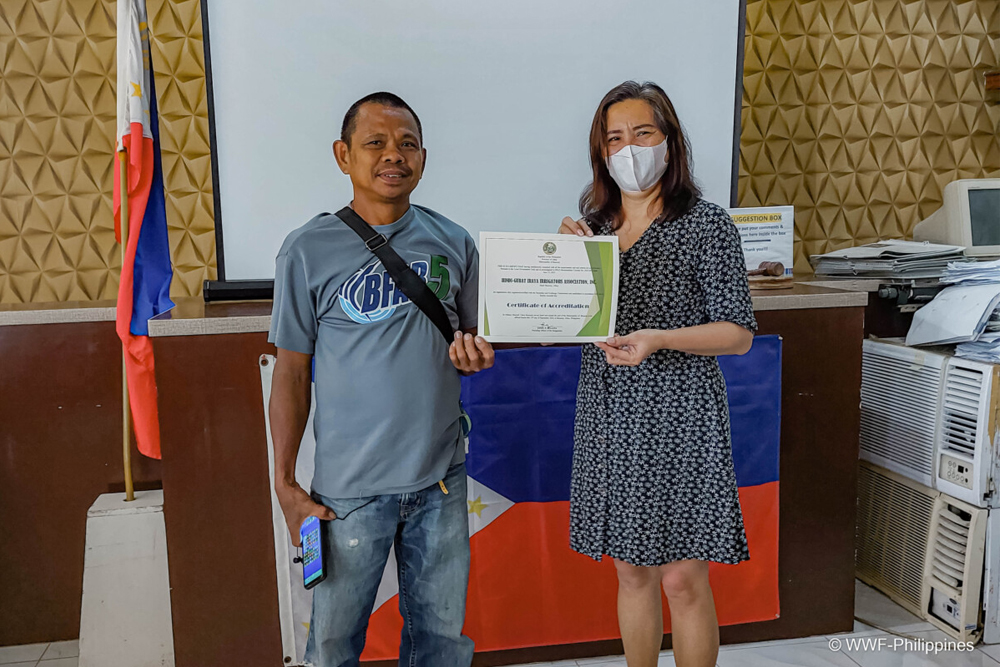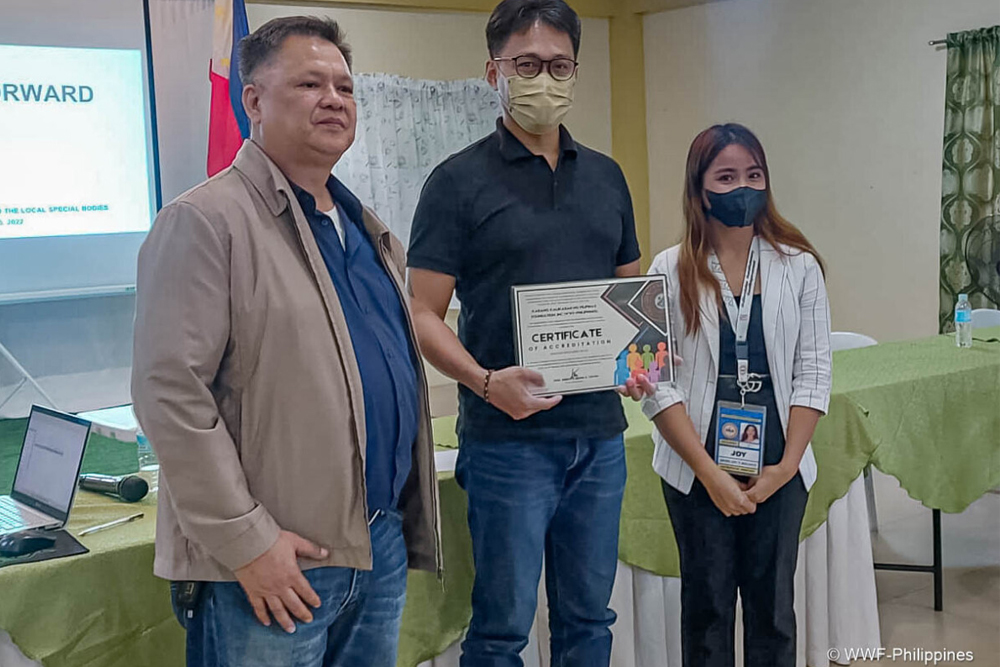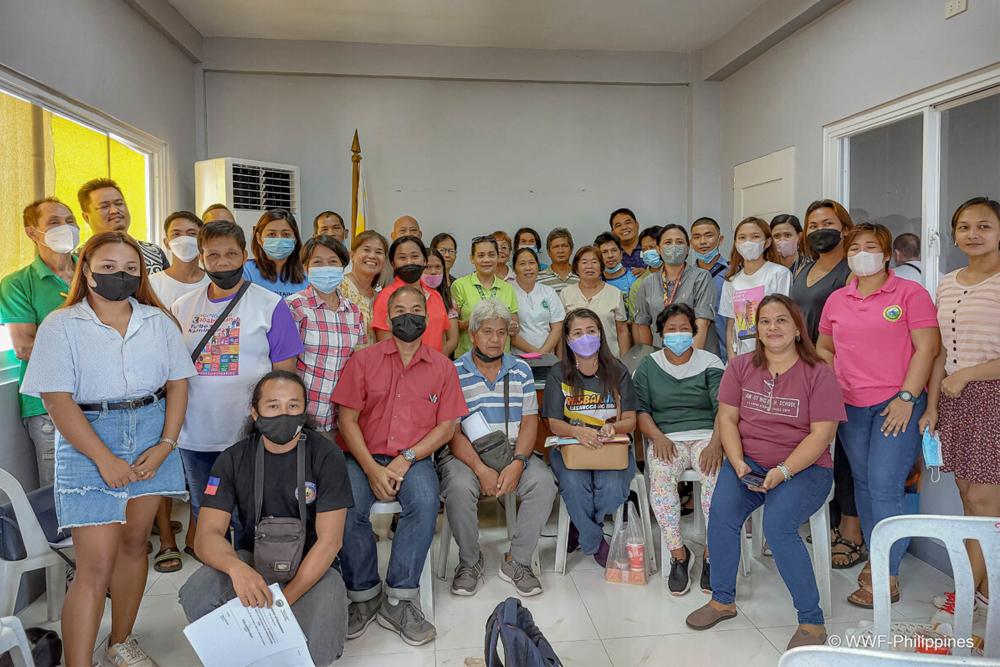Local Government Units (LGUs) across the Bicol region and the province of Occidental Mindoro granted accreditation to the World Wide Fund for Nature Philippines (WWF-Philippines) throughout August and September 2022.
From Bicol, the LGUs of Bacacay, Malilipot, Tabaco City, Malinao, Tiwi, Sagnay, Tigaon, San Jose, Lagonoy, Presentacion, Caramoan, and Virac honored the conservation organization as an official partner in development. The twelve LGUs cover the provinces of Albay, Camarines Sur, and Catanduanes.
WWF-Philippines was also accredited in Occidental Mindoro at a provincial level this September. The LGUs of Calintaan have also recognized the conservation organization as an official partner.
WWF-Philippines has worked closely with these LGUs since 2011. First through the Philippine Partnership Toward Sustainable Tuna (PPTST) and later through the Sustainable Tuna Partnership (STP) program, the organization has supported small-scale handline tuna fishers and pushed for sustainable fishing practices in the Lagonoy Gulf.
“We are honored by the recognition conferred upon us by the local governments of Bicol and Mindoro. For the past decade they have been integral partners in our work towards environmental sustainability for our fisheries,” shared STP 2 Program Manager Joann Binondo.
Accreditation is a way for LGUs to recognize the work done by organizations like WWF-Philippines. For WWF-Philippines, accreditation represents strengthening their relationship with their local government partners.
WWF-Philippines has helped LGUs to integrate sustainability into their fishery plans and policies. This way, LGUs can help safeguard their marine resources and secure the futures of those that rely on them.
“There is still plenty that needs to be done before we can claim true environmental sustainability for our tuna fisheries. That said, I am confident that we can count on our government partners to work with us in pursuit of a sustainable future for all,” added Binondo.





